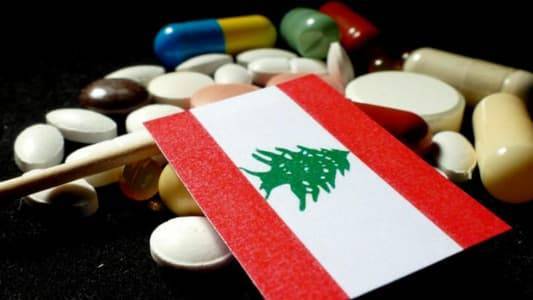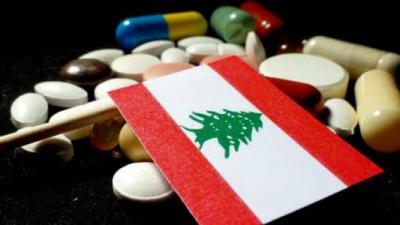Amidst the "illness" of medicine shortages in the market, particularly for cancer and other chronic diseases, and the people's lament over high drug costs—significantly affected by the fall of the lira against the US dollar, global inflation, and rising shipping costs—there are emerging individual signals from Lebanese investors in the pharmaceutical industrial sector to boost local production of medicines, including those for cancer.
In this context, "Nidaa Al-Watan" learned that local drug production is moving towards supporting the local market with national output and stimulating exports by building several new factories. Three of these factories have submitted requests through the Lebanese Investment Promotion Agency (IDAL), which plays a role in providing technical assistance to investors and offering incentives such as tax exemptions, particularly for income tax and profit distribution for a period of 10 years, as well as exemptions from construction fees, foreign employment fees, and work permits, with the ratio of foreign workers set at 30%.
According to IDAL advisor Abbas Ramadan, the projects for the pharmaceutical factories currently under construction are distributed as follows: "A factory in the north with an investment size of $15 million will commence production at the beginning of the year, a $35 million factory in the south will start operations in the middle of the year, while the largest project in the Bekaa Valley (Zahle) with an investment size of $140 million is expected to start manufacturing at the end of next year."
He noted that these projects, which will provide 600 job opportunities, have been submitted this year and are now in the implementation phase. The production focus of these factories will be on generic medicines, syrups, and injections using advanced technology. The first achievement and production anticipated from the largest factory in the Bekaa will be the "production of cancer medications, in addition to the mentioned drugs."
Regarding the factories' focus on the local market, Ramadan confirmed that "40% of production is expected to be allocated for export abroad," noting that the size of the local pharmaceutical market is estimated at $2.3 billion, with local production covering 10% of it. Thus, even if there is no export, the local market will absorb the produced quantities.
These factories are not the only pharmaceutical projects in Lebanon; there are other investments planned for the pharmaceutical sector. Thus, the pharmaceutical sector is gradually transitioning from being rent-focused to production-oriented, until a significant portion of market needs is met.




